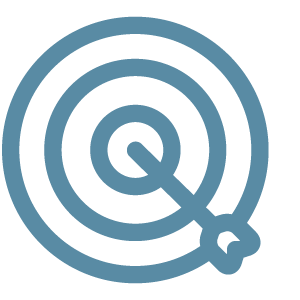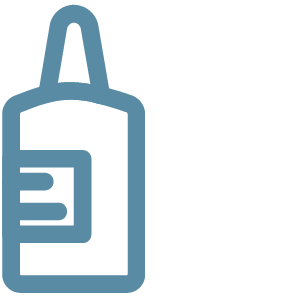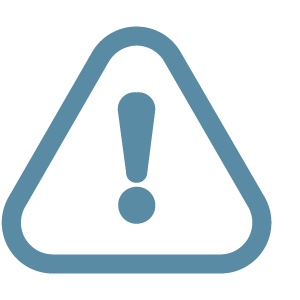
To reduce the amount of hormones in the body that are associated with causing acne

Swelling, tenderness, mood changes, reduced libido, nausea and organ damage. Speak to your healthcare provider for full details

Can only be used by women and teenage girls who have started menstruation. Speak to your healthcare provider for full details and other warnings
Hormone therapy can be used as a form of acne treatment that is available for women and teenage girls, who have started menstruation, through a prescription from your healthcare provider.
One of the most well known hormone therapies that is used for the treatment of acne is the contraceptive pill.
As you may have seen on our ‘Causes’ page, hormones (especially testosterone and DHT) can play a significant role in the development of acne by encouraging your skin to produce more acne-causing oil. Hormone therapy works by reducing the amount of testosterone and DHT floating around freely in your blood.
Some hormone therapies, such as certain contraceptive pills, also introduce increased levels of the hormone oestrogen into the body. Oestrogen has the opposite effect of testosterone and DHT on the skin’s oil glands and encourages them to produce less acne-causing oil.
Side effects of hormone therapy include swelling, tenderness, mood changes, reduced libido and nausea. More serious side effects of certain hormone therapies can include organ damage. Please see your product and speak with your doctor for full instructions and warnings. Hormone therapy can only be used by adult women and teenage girls who have started menstruation. It cannot be used if you are pregnant.
As with most acne treatments, hormone therapy takes time to work. You should allow for three months of continuous hormone treatment before deciding with your doctor or nurse whether or not hormone therapy has worked for you. It is not common to continue to use hormone therapy after your acne symptoms have improved, unless the therapy is being used for another purpose, such as a contraceptive or to treat Polycycstic Ovary Syndrome.
Hormone therapy can be used as part of a wider acne treatment regime. These regimes involve using acne treatments and sometimes other products in an organised way with the aim of maximising the treatment’s effectiveness. It is important to remember that not all acne treatments can be used safely together and that you should seek the advice of your pharmacist or healthcare provider before starting or combining any treatments. Click here for an example of an acne treatment regime.
Prescribed acne treatments are likely to be more effective against severe acne. That is acne that consists of many lesions covering an area, with cysts and nodules being present, and is often scarring. If you have acne that has lasted for several weeks and is getting worse, is leaving scars or is affecting your mental health then you should arrange to visit your GP for treatment.